The 4 Ds of Medical Negligence
When you receive health-related services from a doctor, nurse, pharmacist, dentist, surgeon, chiropractor or other medical professional, you should expect to get attention that is not careless, negligent or incorrect. The failure to uphold the accepted standard of care in the diagnosis, treatment or supervision of your health condition that results in injury is known as medical negligence. Once it has been proven, you may be entitled to receive a significant settlement. But substantiating medical negligence is complex. It usually requires the assistance of an attorney experienced in these types of procedures who can help you to demonstrate that your case satisfies the so-called four Ds of medical negligence: duty, dereliction, damages and direct cause.
Duty of Care
When you enter into a relationship with a medical professional such as a doctor, you are entitled by law to receive care that is reasonable and competent. This expectation applies to everyone involved in your case. That means that if you have been admitted to a hospital for a procedure, for instance, the duty of care requirement covers not only your surgeon but also every other medical professional responsible for attending to you, including anesthesiologists, operating room staff, specialists and floor nurses.
Deviation of Duty
Next, it is essential that you and your attorney show that the relevant personnel failed to meet the duty of care standard. During the process of demonstrating this breach of duty, you must prove that:
- The doctor or other professional did not act according to best practices for their field.
- If you were treated by another professional in the same circumstances, that person would have acted differently.
- Any reasonable doctor would, in fact, not have acted as yours did in that situation.
Common breaches of duty include:
- Making mistakes during surgery that could have been avoided if best practices were adhered to.
- Knowingly performing procedures that were unnecessary.
- Incorrect prescriptions, including wrong amounts or medication types.
- Making an erroneous diagnosis, one not in line with what would be set forth by a reasonable medical professional.
That being said, medicine is a very subjective profession. Often, answers are not always cut and dry, and there frequently are times when there are several reasonable diagnoses or treatments for a given condition. In other words, not everyone who receives an unfavorable outcome or an incorrect diagnosis will have a legitimate medical negligence lawsuit. This underscores the importance of finding an attorney well-versed in the complexities of this specialty.
Damages
Even if your attorney can prove that a mistake was made in the diagnosis or treatment of your condition, that does not necessarily mean you will be entitled to a financial settlement. In addition, you and your lawyer must prove that you experienced negative consequences as a direct result of the error that was made. These effects are known as damages and can be physical, emotional/mental or financial. For instance, you can produce evidence that the actions or lack thereof that were taken led to your needing additional procedures or experienced mental distress or devastating financial consequences such as loss of current or future wages, large medical bills, etc.
Direct Cause
There must be an unbroken line between the medical professional’s actions or failures and the results you experienced. In some situations, proving this is derailed if it is revealed that you did not thoroughly follow all of the after-care recommendations that were provided to you. Therefore, gathering as much documentation as you can will be helpful as you and your attorney put the evidence together in your medical negligence case.
Demonstrating medical negligence can be a long, arduous and stressful process. In order to win, you and your attorney must prove that the health care provider or institution deviated from the accepted standard of care, resulting in significant negative consequences for you.
If you believe you might have a strong medical negligence case, it is important to act quickly to ensure that you are able to compile all of the related evidence and submit it in a timely fashion while the details of your situation remain clear in your mind. Furthermore, it is essential to find the right team of legal professionals with significant experience in medical malpractice and negligence cases. In particular, look for the following:
- The team has diverse expertise and time to deal with your case.
- They are located close to you and are licensed in the state where the injury occurred.
- The attorney is well-connected with other legal professionals in the area and has numerous resources at its disposal.
- The attorney has litigation experience in these types of cases. While many settlements happen without a trial, having experience in court is valuable.
If you have been physically, mentally or financially harmed as a direct result of the treatment or lack of treatment you got from a medical professional or health care institution, you may be able to receive compensation. Don’t wait another day to begin the process of obtaining the justice you deserve. Remember, statutes of limitation in these cases can be as little as two years from the time of the incident. Hold the offenders accountable by partnering with an expert medical negligence attorney today to receive the compensation to which you are entitled.
